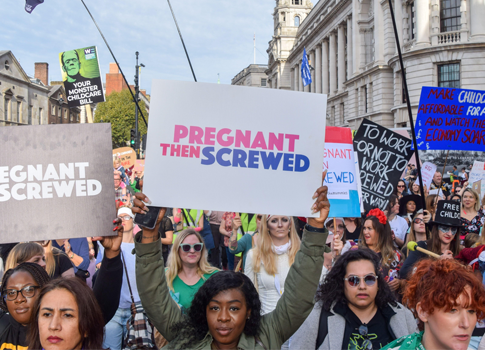#4 Confirmation bias: people are more open to changing their opinions when they’re distracted
Brand rejecters are more easily persuaded when their attention is divided.
Evidence: In 1964, Stanford psychologists Leon Festinger and Nathan Maccoby ran a study among members of college fraternities. They began by playing the participants an audio argument about why fraternities were morally wrong. The recording was either played on its own or accompanied by an unrelated silent film.
After the students had heard the recording, the researchers questioned them as to how far their views had shifted. Those who had heard the argument at the same time as the silent film were more likely to have changed their opinion.
The psychologists hypothesised that the brain is adept at generating counter-arguments that maintain its existing point of view. However, when the brain is distracted, that ability is hampered.
Recommendation: During moments of distraction, we become more open to adjusting our deeply held views. If you want to convert brand rejecters, then reach them when they’re busy doing something else.
That leads to a counter-intuitive media approach. You should consider auxiliary channels that are consumed at the same time as other activities, like radio, over channels that deliver people’s undivided attention, such as cinema.






